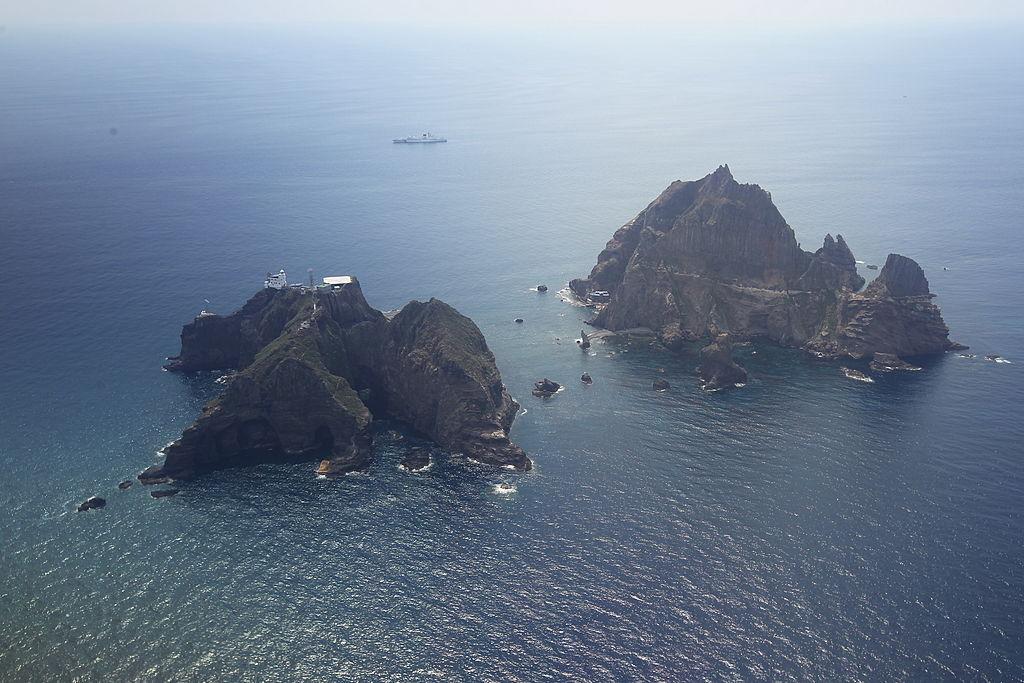Japanese officials said a Chinese military plane violated Japanese airspace on the morning of Aug. 26.
Japanese fighter planes scrambled to warn off the Chinese Y-9 reconnaissance plane, which had flown near the Danjo Islands off Nagasaki Prefecture. The Japanese Defense Ministry stated that no weapons or flares were used, according to local outlet NHK. The Japan Times reported that the plane continued to circle near the islands for some time after it left Japanese airspace.





